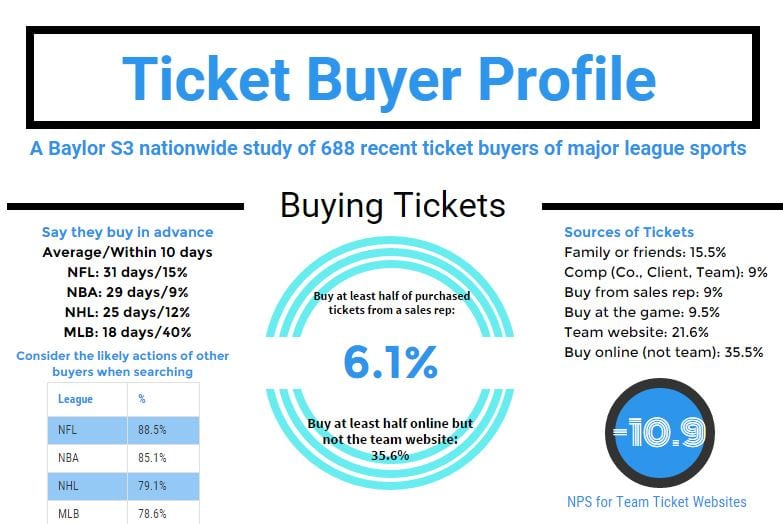by Kirk Wakefield – May 2017 In a league of its own StubHub sells a ticket at least once every second. Over 21 million unique highly qualified buyers visit StubHub every month. Last year (2016), StubHub sold over $4.2 billion in tickets. That total essentially places StubHub in a league by itself, comparable to the…Continue Reading StubHub Ticket Insights: Changes in Who, How & When People Buy
StubHub Ticket Insights: Changes in Who, How & When People Buy

